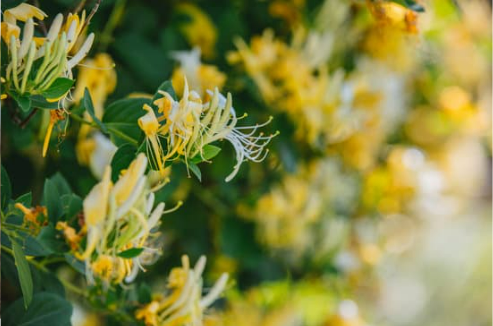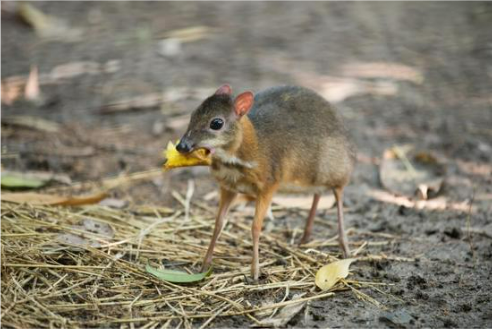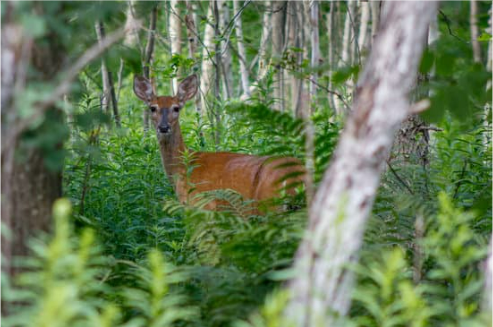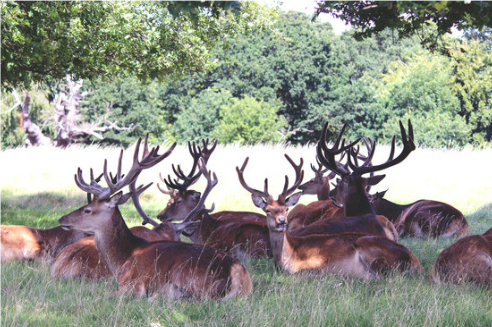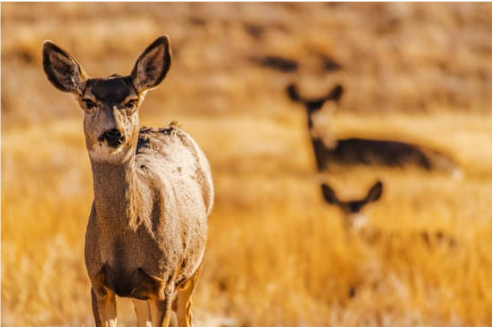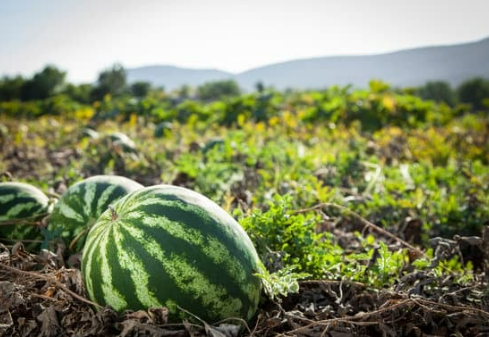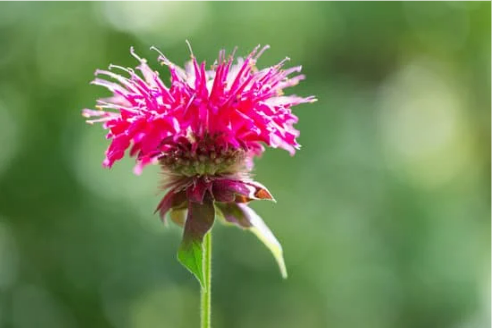Dog MACE Dog Repellent and Training Tool - Spray or Concentrate
Had some mice in the straw over my potatoes last summer. Sprayed straw once and mice couldn’t get away fast enough. Great stuff!
They are are an amazing company that stands behind their product. Honest and 100% there for their customers.
I had tried almost all the deer repellent products on the market, and my look is over. I was skeptical, but Nature's Mace seems to have put my neighborhood deer's at bay. I used the granular as well as the liquid, and over the last 6 weeks, no more deer!
Moles returned,waiting to see if it truly works

